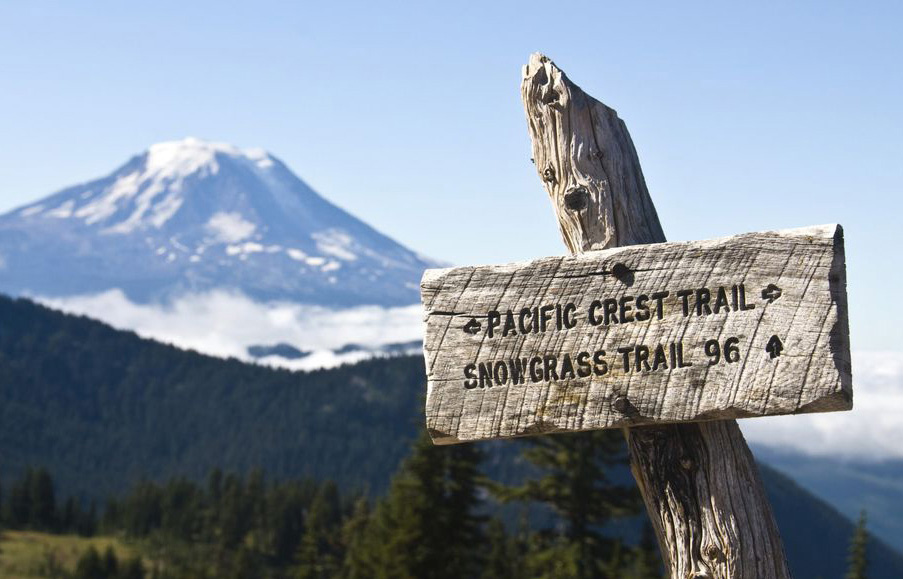
Canada Prohibits Pacific Crest Trail Hikers from Crossing Border
- Share
- Share
- Share
- Share
The unexpected policy alteration follows threats by President Donald Trump to impose tariffs on Canada unless it strengthens its border security. For years, thru-hikers on the Pacific Crest Trail (PCT), which spans from Mexico to Canada, have traditionally concluded their long-distance walk slightly past the U.S.-Canada border.
Now, they’ll have to either finish their trek at the borderline or undertake an additional 62-mile journey to the nearest legal border crossing point. This shift comes as the Canada Border Services Agency (CBSA) revised its policies recently. Where hikers could formerly arrange for a border-crossing permit in advance, the CBSA announced on Monday that such crossings on the PCT are no longer permitted. The Canadian authority hasn’t specified the reasons for this abrupt rule change.
Notably, President Donald Trump has accused Canada of lax border controls contributing to illegal drug trafficking and has openly pressured Prime Minister Justin Trudeau to reinforce border security. “The CBSA has ceased issuing permits that allow for entry into Canada along the Pacific Crest Trail without reporting to an official port of entry,” stated the Canadian agency on Monday. “This amendment ensures better oversight of trail users’ adherence to the law, bolstering border security and bringing the policy into alignment with that of the U.S. Customs and Border Protection (CBP), which also prevents travelers from entering the U.S. through the trail.”
Reactions from Thru-Hikers The Pacific Crest Trail covers a 2,650-mile expanse from Mexico through the U.S. and into Canada, with the trail’s final stretch lying in E.C. Manning Park, southeast of Hope in southern British Columbia. Not all hikers complete the journey by crossing the border, so reactions to the change are mixed. The Pacific Crest Trail Association has expressed disappointment but recognized that the new Canadian regulations are now consistent with longstanding U.S. policies that prohibit entering America via the trail. “
The association recognizes the points made by the border agency and notes that this policy is in line with the U.S.’s already established policy,” voiced the trail association. Dylan “Pickle” Tonkin, a PCT finisher and founder of Town Shirt, a hiking-themed apparel business, doesn’t believe the change will profoundly affect the trail experience. “It’s not really a significant issue,” Tonkin mentioned, recalling that his hike did not extend into Canada. “Not everyone chooses to cross into Canada. We had arranged transportation in advance.” However, the policy modification could have economic ramifications for Canadian localities.
Hundreds of hikers traditionally patronize Manning Park Resort every summer and fall to resupply, dine, or enjoy a respite in a comfortable bed after completing the Canadian segment of the trail. But with the nearest legal crossings now over 60 miles distant from the trail, the resort’s general manager, Vern Schram, is uncertain about the upcoming season’s impact, as reported by CBC. “It’s a significant barrier to the final 13 kilometers and requires considerable effort, so it’s unclear how many will undertake that, or if they’ll consider the border as a satisfactory end point,” Schram commented.

We write rarely, but only the best content.
Please check your email for a confirmation email.
Only once you've confirmed your email will you be subscribed to our newsletter.
